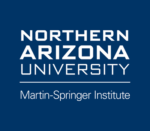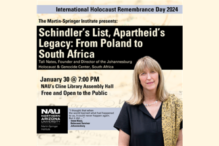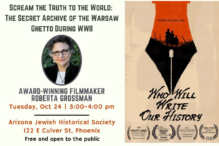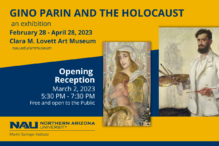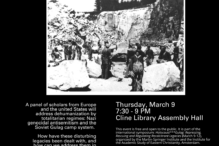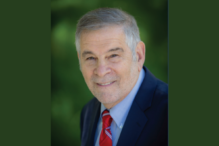The Martin-Springer Institute is committed to learning from the past and engaging with the present.
Our educational programs are based on the principles of intercultural understanding and dialogue.
Looking at the history and legacy of the Holocaust, we observe that the seeds for destructive ideologies lie in fermenting social mistrust, dismantling democratic traditions, abolishing civility, and erecting systems of discrimination, violence, and terror. Today, social conflicts continue to threaten and harm communities, locally and globally.
What can be done? Education plays a crucial role in offering an antidote to forces that tear at the social fabric of communities.
Therefore, our programs:
§raise awareness of the traumatic scope of the Holocaust and its continuous impact on contemporary society
§study the sources of conflict and models of conflict-resolution
§learn about social and moral repair of wounded communities and individuals
§teach alternatives to discrimination and stigmatization
§use the arts to create environments of care and compassion
§practice empathic understanding and dialogical communication
Our diverse programs address themes such as:
§the rise of hate ideology, prejudice, and antisemitism
§culpability and complicity
§resistance, resilience, and moral courage
§discrimination and diversity
§justice, reconciliation, and trust
§trauma and memory
§peace-building, human rights, and disregard of law

